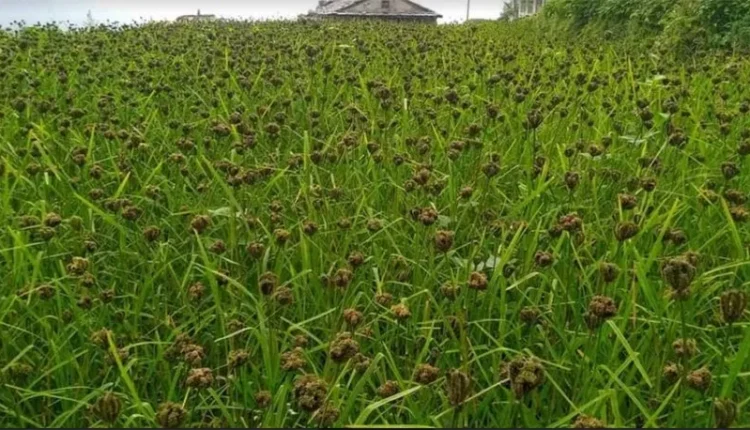Millets farming: Millets are gaining attention again. These traditional grains—like bajra, jowar, and ragi—were once common in Indian farms. Now, they’re making a strong return.
People in cities are eating more millets because they are healthy. Food companies are using them to make snacks, flour, and ready-to-eat products. Many stores in cities like Delhi, Mumbai, and Bengaluru report rising demand.
Millets also sell well in international markets. Countries in Europe, the US, and the Middle East are buying more Indian millets each year.
Government Support Is Strong
The government is also promoting millet farming. Under the National Food Security Mission, farmers get free seeds, training, and help with marketing. The Minimum Support Price (MSP) for millets is going up. States like Karnataka, Odisha, and Telangana have launched special millet schemes.
Millets grow well in dry areas. They need less water than wheat or paddy. Most millet crops are ready in 70 to 100 days. Farmers don’t need to spend much on fertilizers or pesticides. That makes millet farming a good choice for small and marginal farmers.
Sunita Devi, a farmer from Jharkhand, stopped growing paddy and switched to ragi. She said, “I save money on inputs and sell my harvest for a better price. It’s less stress and more income.”
How to Start
Contact your Krishi Vigyan Kendra (KVK) for training and certified seeds. (Millets farming)
Form or join a Farmer Producer Organization (FPO) to access markets directly.
Use agri-apps like Kisan Suvidha or FARMCOS for weather updates and mandi prices.
Try intercropping millets with pulses to improve soil and income.
Crops to Consider by Region
| Region | Best Millets to Grow |
|---|---|
| Rajasthan | Bajra (Pearl millet) |
| Karnataka | Ragi (Finger millet) |
| Maharashtra | Jowar (Sorghum) |
| Odisha/Chhattisgarh | Little millet, Kodo |
| Tamil Nadu | Foxtail millet |
Millets are good for your farm and the market. If you’re looking to save on costs and earn more, it’s a crop worth trying.
Are you planning to grow millets this year? Tell us what support or training you need.
Contact details: If farmers want to share information or experiences related to farming with us, then they can do this by calling us on the phone number 9599273766 or by writing an email to [email protected] or by sending your recording. Through Kisan of India, we will convey your message to the people, because we believe that if the farmers are advanced then the country is happy.



